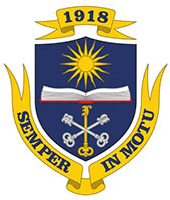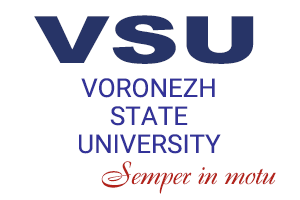In August and September 2016, Lyudmila Sereda, Olga Yakimenko and Evgeniya Mazurova, postgraduate students from the Faculty of Geography, Geoecology, and Tourism, took part in a training course at the University of Parma in Italy, within the TEMPUS project “The Protection of Population Living in Radiation-Contaminated Territories (environment, quality of food, public health, and society)” (530644-TEMPUS-1-2012-HUMANSECURITY). The course was supervised by professor Elena Maestri from the University of Parma.
The aim of the course was to study the approaches to environmental protection and the methods of food quality control in Europe, as well as to look at the infrastructure and to learn the specifics of research at the University of Parma.
The course included lectures and workshops on sustainable development, radioecology, radiobiology, phytotoxicity, waste management and recycling, microbiology, phytorecovery, radIoecological control, food quality control, etc. Our postgraduates also made several reports and presentations on “Voronezh State University and academic programmes of the Faculty of Geography, Geoecology, and Tourism”, “Sustainable development in Russia, Voronezh and VSU”, “Dublin descriptors and Salzburg principles applied to graduate and post-graduate degree programmes”, “Innovations in education – case study of the Faculty of Geography, Geoecology, and Tourism”.
As part of the course our students also visited the Parma City Council, the Department of Industry, ARPA Regional Agency for Environmental Protection in Piacenza, ALMA International School of Italian Cuisine in Colorno, and Barilla company – one of the largest producers of pasta. There they learned about the environmental aspects of production (wastes, recycling, state of the local environment, etc.), and joined a guided tour of the factory.
Another important and interesting part of the course was a visit to the European Food Safety Authority. There our students attended a lecture on the history and the major activities of the agency, the techniques of risk assessment and risk management in the food industry.
The European Food Safety Authority (EFSA) is the agency of the European Union (EU) that provides independent scientific advice and communicates on existing and emerging risks associated with the food chain. The work of the EFSA covers all matters with a direct or indirect impact on food and feed safety, including animal health and welfare and plant protection. EFSA supports the European Commission, the European Parliament and EU member states in taking effective and timely risk management decisions that ensure the protection of the health of European consumers and the safety of the food and feed chain.












